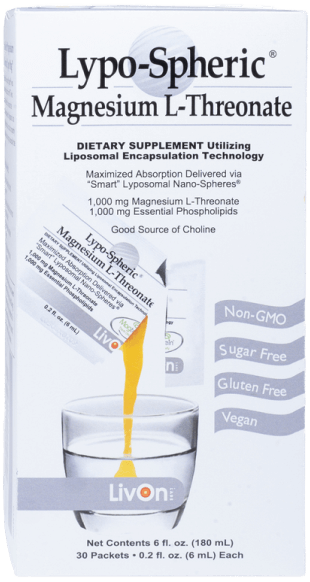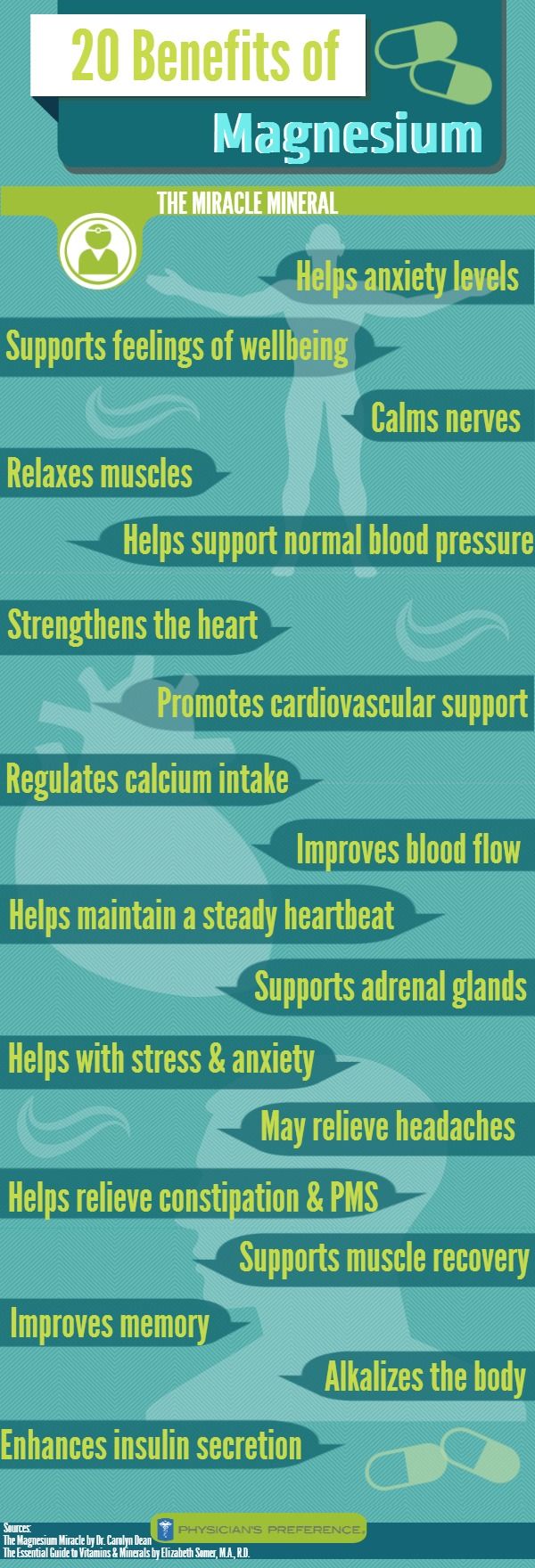

Even when food and dietary supplements are combined, total potassium intakes for most people are below recommended amounts.Ĭertain groups of people are more likely than others to have trouble getting enough potassium: The diets of many people in the United States provide less than recommended amounts of potassium. Getting too little potassium can increase blood pressure, deplete calcium in bones, and increase the risk of kidney stones.

Eating more of these foods might improve your bone health by increasing bone mineral density (a measure of bone strength). People who have high intakes of potassium from fruits and vegetables seem to have stronger bones. Your body needs potassium for almost everything it does, including proper kidney and heart function, muscle contraction, and nerve transmission. Read the Office of Dietary Supplements Fact Sheet on Magnesium It is added to some fortified breakfast cereals and foods. Sources of Magnesium: Chocolate, green leafy vegetables (such as spinach), legumes, milk, yogurt and milk products, nuts, seeds, whole grains, and hard water. You can get recommended amounts of magnesium by eating a variety of foods, including the following: Magnesium is found naturally in many foods and is added to some fortified foods.




 0 kommentar(er)
0 kommentar(er)
